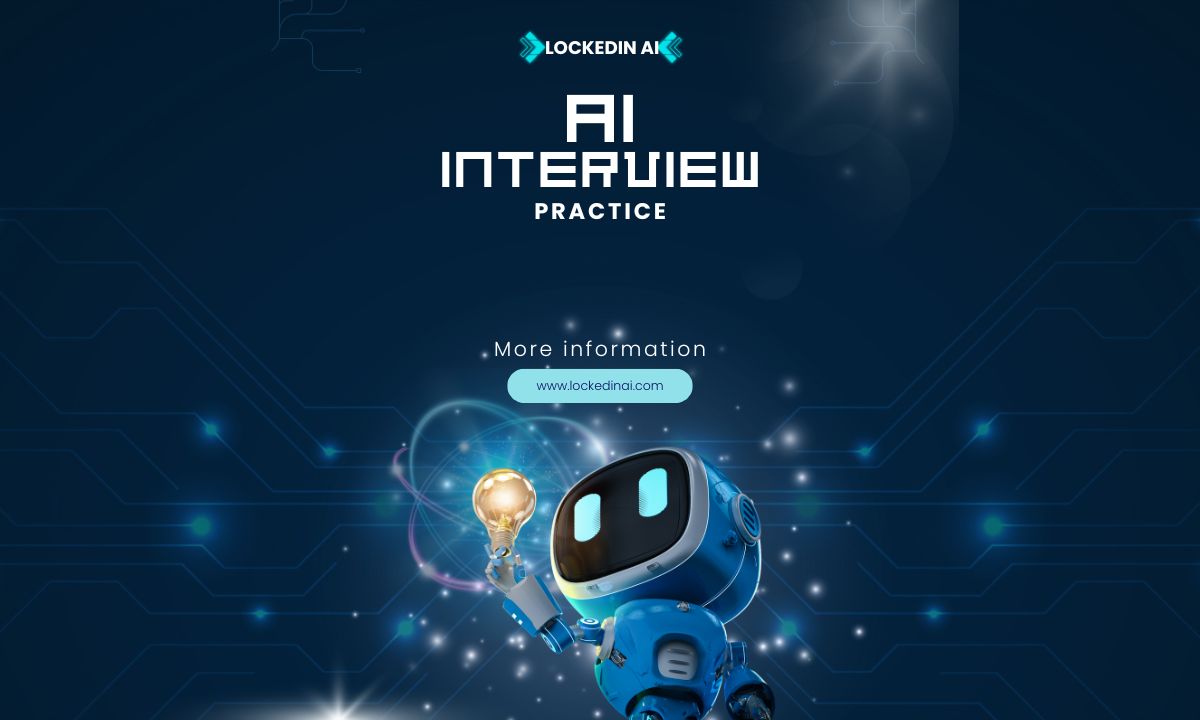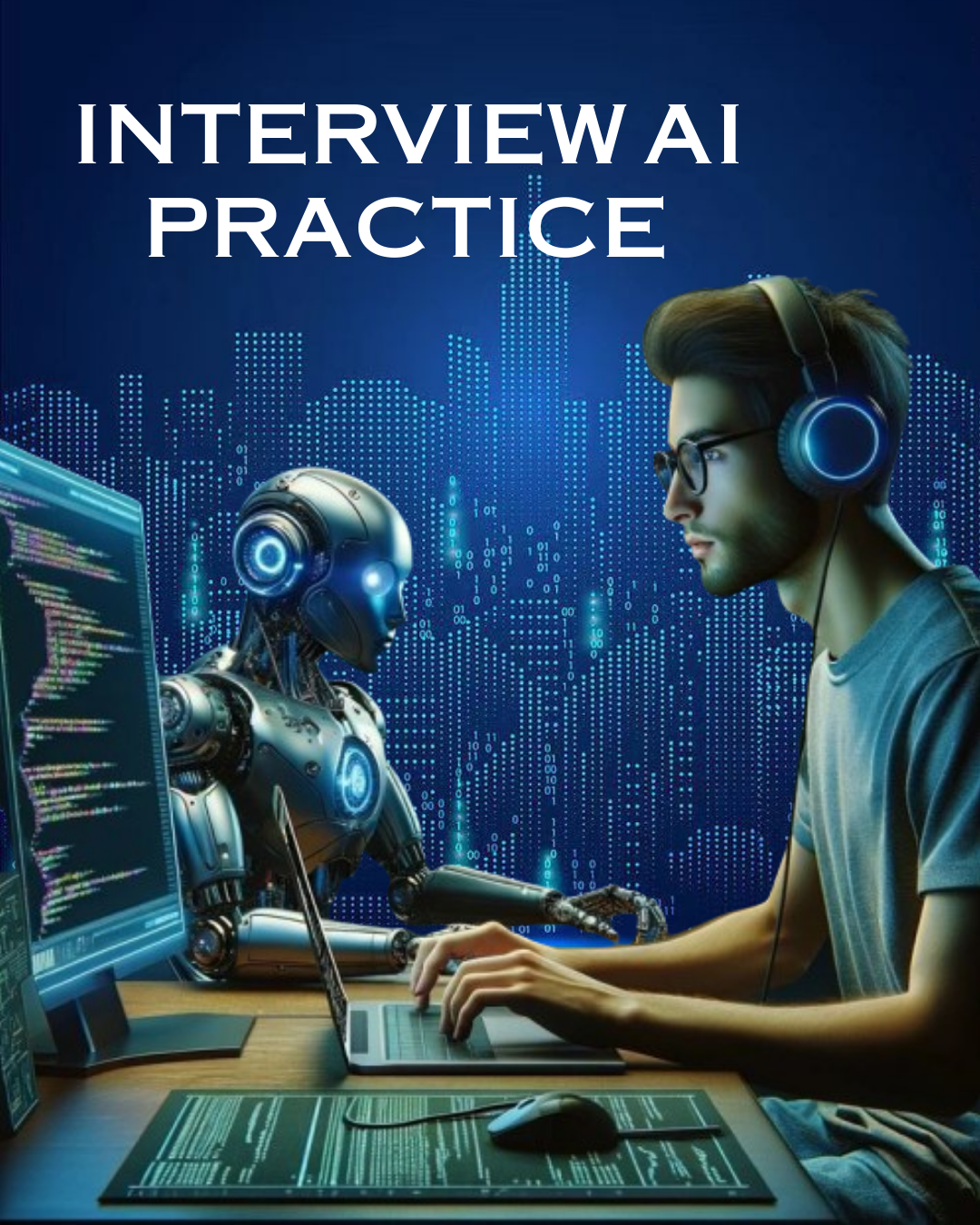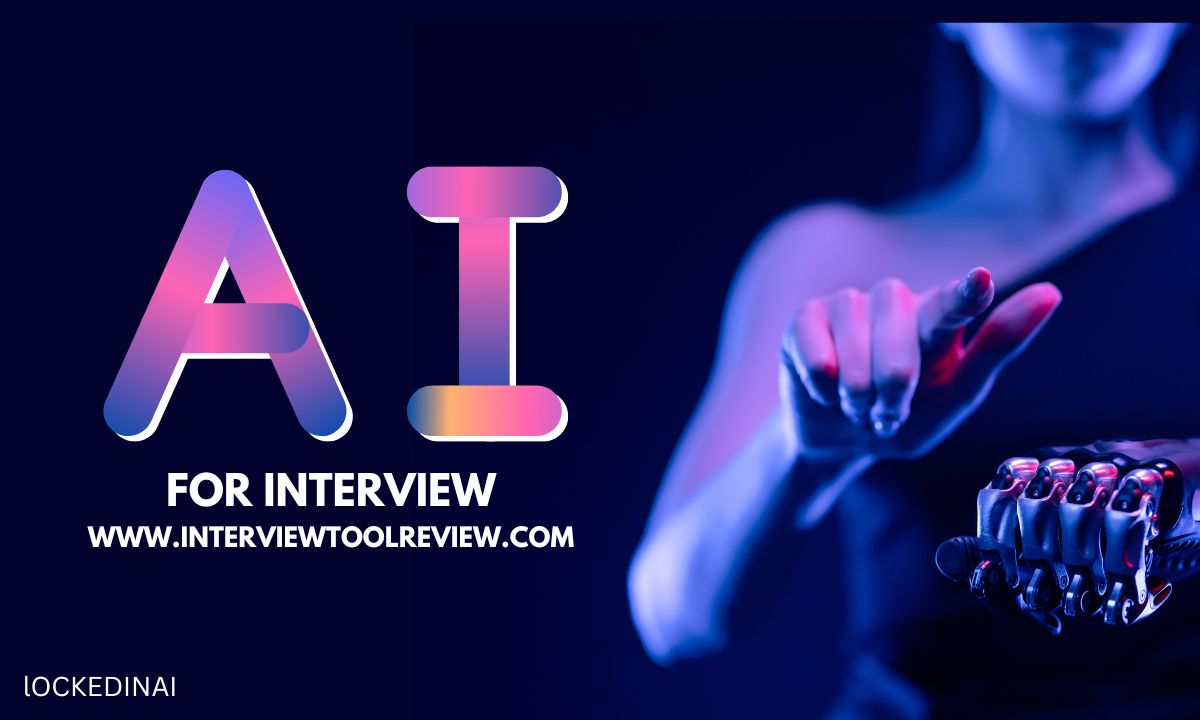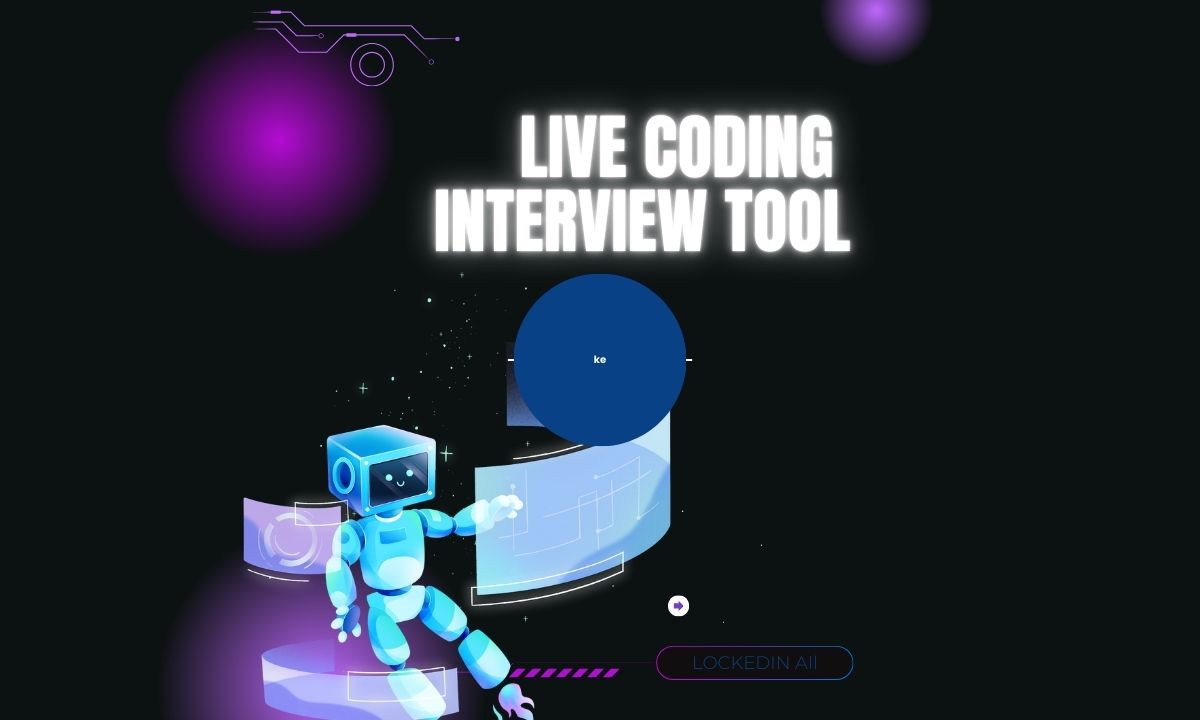Introduction
Interviews are often the most stressful step in the hiring process. No matter how strong your resume is, if you can’t communicate confidently, you risk losing the opportunity. That’s where Interview AI Practice comes in—a modern way of preparing that replicates real interviews, analyzes performance, and gives instant feedback.
When I began using LockedIn AI, I realized that AI practice was not just about answering questions but also about refining how I present myself. Practicing daily with AI helped me build confidence, improve clarity, and prepare for interviews with top companies.
Why Traditional Interview Prep Doesn’t Work Anymore
Like many candidates, I once relied on outdated preparation methods such as:
- Reading lists of “top 50 interview questions” online
- Practicing with friends who weren’t always available
- Memorizing scripted answers that sounded robotic
- Hoping for the best in high-pressure interviews
These methods never truly prepared me for real recruiter pressure. That’s when Interview AI Practice changed everything.
How Interview AI Practice Works
The power of AI-driven preparation lies in simulating actual interview experiences. Instead of generic practice, it gives structured, role-based, and adaptive sessions.
Key features include:
- Simulated Real Interviews – Replicates recruiter questioning styles.
- Instant Feedback – Evaluates tone, clarity, pace, and delivery.
- Structured Answering – Encourages frameworks like STAR (Situation, Task, Action, Result).
- Role-Specific Practice – Technical, HR, and management questions.
- Flexible Access – Practice anytime without scheduling constraints.
LockedIn AI: My Partner in Interview AI Practice
Out of all AI tools, LockedIn AI stood out because it felt like a coach rather than just a question generator.
Some features I used daily included:
- AI Copilot: Guided me step by step through tough questions.
- Coding Copilot: Provided real coding challenges for technical rounds.
- Resume-Driven Questions: Picked questions directly from my CV to mimic recruiter follow-ups.
- Mock Panel Sessions: Simulated multi-interviewer scenarios.
These features made Interview AI Practice realistic, personalized, and impactful.
Benefits of Practicing with AI
Through consistent use, I noticed dramatic improvements:
- Reduced Nervousness – Repeated practice made interviews less intimidating.
- Clearer Answers – I stopped rambling and started structuring my thoughts.
- Better Storytelling – Learned to highlight achievements naturally.
- Adaptability – Got comfortable with surprise or trick questions.
- Confidence Boost – Walking into interviews felt easier and calmer.
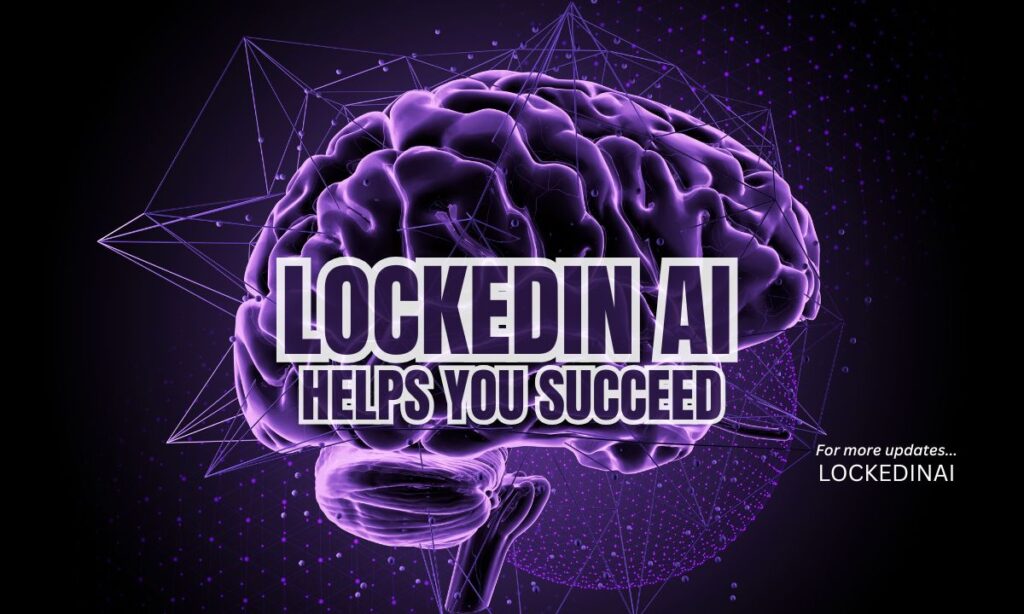
Beyond these benefits, I also became more self-aware of my communication style. The AI highlighted small habits—like rushing through answers or using filler words—that I never noticed before. Correcting these details gave me a polished presence that not only impressed interviewers but also elevated how I carried myself in everyday professional interactions.
My Daily Interview AI Practice Routine
To make the most of LockedIn AI, I built a disciplined routine:
- Practiced 20–30 minutes daily
- Reviewed feedback after every session
- Repeated weak answers until fluent
- Balanced technical and behavioral practice
- Simulated real interview settings with video sessions
This approach ensured steady progress and visible confidence gains.
Conclusion
For me, adopting Interview AI Practice through LockedIn AI was a turning point. It gave me structure, feedback, and the confidence I lacked before.
Cracking interviews today isn’t about luck—it’s about preparation with the right tools. If you want to succeed, make AI practice part of your journey. Just like me, you’ll see that confidence and clarity make interviews not just manageable but conquerable.
FAQs
Q1. How does Interview AI Practice differ from mock interviews?
AI is available 24/7, unbiased, and tailored to your role, unlike mock sessions with friends.
Q2. Is LockedIn AI only for tech interviews?
No. It supports HR, management, creative, and industry-specific roles.
Q3. How often should I practice?
20–30 minutes daily is enough for consistent growth.
Q4. Does it also help with video interviews?
Yes, AI simulates video calls and trains you for tone, body language, and eye contact.


